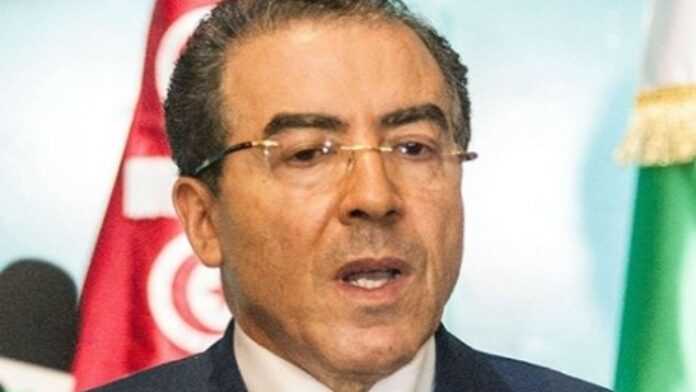Opening statement by Mongi Hamdi, former Minister of Foreign Affairs of Tunisia, and Former Special Representative of the Secretary General for Mali
Thank you Mr. Ambassador for the opportunity to speak on the tragic war in Sudan. My thanks also go to all of you who are present here today to participate in this panel.
 The fighting between the Sudanese armed forces and the Rapid Response Force has caused the deaths of more than 150,000 people and triggered the largest displacement and hunger crisis in the world. Some 13 million people have fled their homes, and more than 30 million are in need of humanitarian aid, while the Sudanese economy is in ruins and every city is devastated
The fighting between the Sudanese armed forces and the Rapid Response Force has caused the deaths of more than 150,000 people and triggered the largest displacement and hunger crisis in the world. Some 13 million people have fled their homes, and more than 30 million are in need of humanitarian aid, while the Sudanese economy is in ruins and every city is devastated
This tragic war has also caused all kinds of abuses, war crimes, massacres, rapes, and popular retribution, as well as unbearable human tragedies such as the famine cruelly spreading among millions of refugees. There has also been use of chemical weapons according to the United States, which had recently imposed sanctions against the Sudanese Armed Forces.
The sad thing is that this civil war, which has lasted for more than two years has been going on with little attention from the international community.
This deadly civil war, in which the two belligerents are unable to win, must be stopped immediately. The time has come for the international community to fully assume its responsibilities and silence the guns. To achieve this, minimal conditions must be met.
 First and foremost, and this is a crucial issue, the UN, the African Union, and the European Union must step in with rigorous measures and firm commitments to put pressure and force the two warring sides to cease fire and sit around the negotiating table to find a peaceful and long-lasting political solution to this tragic crisis.
First and foremost, and this is a crucial issue, the UN, the African Union, and the European Union must step in with rigorous measures and firm commitments to put pressure and force the two warring sides to cease fire and sit around the negotiating table to find a peaceful and long-lasting political solution to this tragic crisis.
It is true that the International community had tried to organise several meetings between the Sudanese armed Forces and the Rapid Response Forces in Jedda, Saudi Arabia and in Manama, Bahrain and in Geneva and London, but all of these attempts have failed. The main reason for the failure was that the warring parties and especially the Sudanese Armed Forces did not have the will or the commitment to negotiate a peaceful solution to the crisis.
In a number of these attempts, the Sudanese Armed Forces pulled out of the negotiations and returned to Port Sudan to evade any political solution to the crisis.
The Army has not put forward any political solution to the crisis and continues to reject any negotiations with the Rapid Response Force believing that it can win the war by force and not by political negotiations.
The Army also continues to reject civilian governments and the process leading to presidential elections and as such it continues to cling to power and circumvent all initiatives and refuse to hand it over to civilian.
While there are many conflicts and hotbeds of tension in the world, the civil war in Sudan requires absolute priority because it carries a significant risk of internationalization and contagion that could destabilize Sudan’s neighbouring countries, some of which share similar fragility and weak state institutions.


